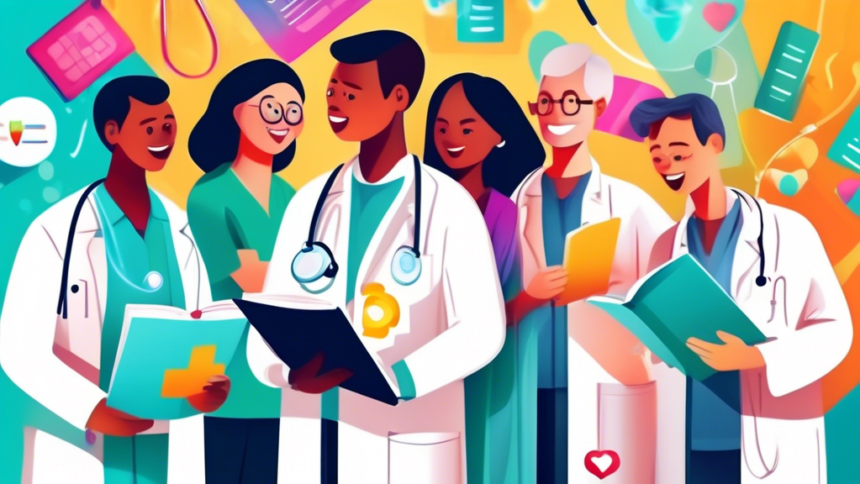Introduction
Medical reviews stand as pivotal components in the ongoing evolution of healthcare. These critical assessments, whether they focus on recent research findings, clinical trials, or comprehensive meta-analyses, play a fundamental role in shaping clinical practices, guiding healthcare policies, and ultimately, impacting patient outcomes. Exploring the various impacts of medical reviews reveals a multifaceted influence spanning from direct patient care improvements to the global advancement of medical knowledge.
Enhancing Clinical Practices
One of the primary impacts of medical reviews is their role in enhancing clinical practices. By synthesizing existing research and presenting evidence-based conclusions, medical reviews offer healthcare providers current, authoritative guidance on the most effective treatment approaches. This ensures that patient care is aligned with the latest advancements and best practices in medicine, facilitating improved treatment outcomes and patient satisfaction. Furthermore, medical reviews often highlight areas where further research is needed, driving the continuous evolution of clinical practices.
Guiding Healthcare Policies
Medical reviews also exert a significant influence on healthcare policymaking. Policymakers rely on comprehensive reviews to make informed decisions about public health interventions, funding allocations for medical research, and the implementation of healthcare services. The evidence derived from these reviews ensures that policies are grounded in the best available science, optimizing resource usage and maximizing health benefits on a population level.
Influencing Medical Education
Another area impacted by medical reviews is medical education. By consolidating the latest research and current best practices, these reviews serve as valuable resources for medical students, residents, and continuing education for practicing healthcare professionals. They foster a culture of evidence-based learning and practice, ensuring that upcoming generations of healthcare providers are well-equipped with up-to-date knowledge and skills.
Challenges and Considerations
Despite their numerous benefits, medical reviews are not without challenges. The quality and reliability of reviews can vary significantly, influenced by factors such as the comprehensiveness of the searched literature, bias in study selection, and robustness in methodological approach. Furthermore, the rapid pace of medical advancements can quickly render review findings obsolete, necessitating continual updates to maintain relevance.
Responding to Misinformation and Disparity
In the digital age, where information—and misinformation—spreads rapidly, medical reviews play a crucial role in combatting health-related misinformation. By providing clear, evidence-based information, they help to clarify misconceptions and counteract unfounded claims. However, there is also a need to address disparities in access to medical reviews, ensuring that healthcare providers and policymakers in under-resourced settings can benefit from the valuable insights they offer.
Conclusion
The impact of medical reviews on healthcare is profound and multifaceted. They serve as a cornerstone for evidence-based medicine, influencing clinical practices, guiding policies, and shaping medical education. Recognizing their potential, challenges, and the need for accessibility is essential for maximizing their benefits across the healthcare spectrum. As medicine continues to advance, the role of medical reviews in ensuring safe, effective, and equitable healthcare becomes increasingly crucial.










